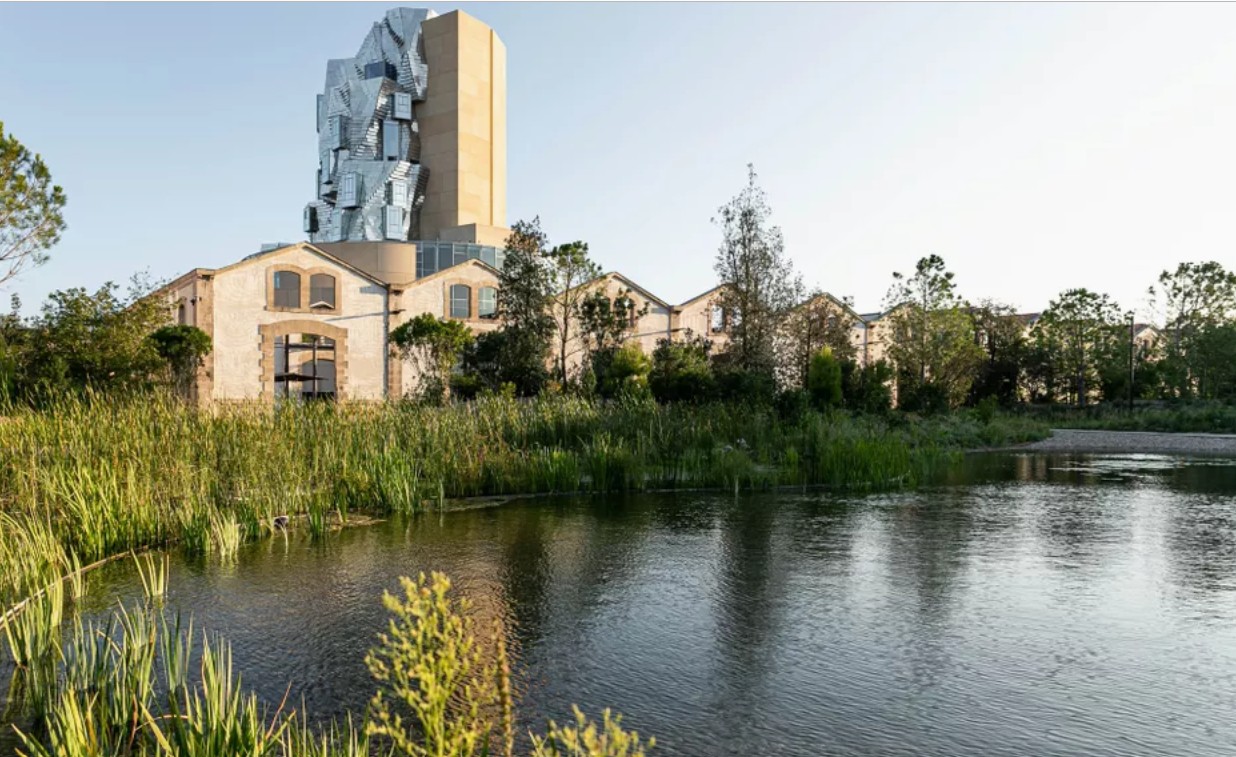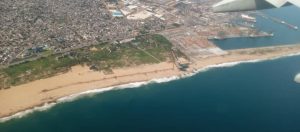Plastic pollution: end of negotiations in Paris, but difficult semantics
The negotiations in Paris on the treaty against plastic pollution ended in extremis on Friday 2 June in the evening. 175 countries agreed to prepare a first draft text against plastic pollution by November 2023. From negotiations to semantics scrutinized and deemed contradictory by NGOs. Explanations
By Era Environnement
In Paris, an in extremis compromise was found to move forward on the substantive debates and bring out the first elements of convergence. Three more negotiating sessions are planned with a view to reaching a legally binding agreement by the end of 2024.
According to a press release from the French Ministry of Foreign Affairs, obtained by Era Environnement, this negotiating session made it possible to elect the members of the negotiating committee’s bureau, to discuss the objectives and outlines of the future treaty on the basis of the 12 obligations identified by the United Nations Environment Programme (UNEP), to gather the views of States on the institutional architecture of the future agreement, including financial mechanisms for implementation, arrangements for cooperation between future States Parties and the framework for assessing global and national progress in achieving future objectives.
“Half of the session of the Intergovernmental Negotiating Committee was mired in endless debates around the Rules. Industry continues to be present during negotiations, including at side events where it promotes false solutions such as “plastic offset”, a mechanism that does not “offset” plastic production or pollution. Much of the plastic collected to “compensate” is burned, harming communities and the environment,” says Break Free From Plastic, a global movement of more than 12,000 organizations working for a future free of plastic pollution.
The Coalition de la Haute Ambition pour mettre fin à la pollution plastique (HAC EPP), represented by a group of 58 countries anxious to achieve the most ambitious possible treaty, including France, was particularly seen as a driving force in the discussions, According to the French Ministry for Europe and Foreign Affairs, the Commission intends to continue to do so in the next negotiating sessions.
For the French Minister for Europe and Foreign Affairs, Catherine Colonna, this progress towards the 2024 target should make it possible to adopt an ambitious and legally binding agreement, equal to the global challenge posed by plastic pollution for health, biodiversity and climate.
Members of Break Free From Plastic, present since May 27 in Paris, have affirmed their willingness to remain vigilant throughout the process. They denounce in a communiqué accessible on the internet the slow progress of the process. “This process is being hijacked by an apparently innocuous debate about the rules of procedure, and fear that this is part of an attempt by some parties with strong interests in the oil and petrochemical industry to make the potential treaty as low as possible so that the production of fossil plastics can continue unabated”, they explain.
Bérangère Couillard, Secretary of State for Ecology, welcomes the objectives achieved which, according to the minister, “will start the future negotiations in November in Nairobi with a solid foundation to continue to converge towards an ambitious global treaty against plastic pollution.
The members of Break Free From Plastic welcome the statements of Rwanda, Ecuador, Mexico, the European Union, calling for global reduction targets for plastic production, calling for disclosure targets similar to the Convention-A framework for tobacco control to apply the precautionary principle when treating microplastics. However, they remain sceptical about the objectives of reducing and reusing plastic and the criteria for alternatives. “Some countries continued to promote the recycling of chemicals, and many of them were still mainly focused on recycling and managing downstream plastic pollution,” they say.
Christophe Béchu, Minister of Ecological Transition and Territorial Cohesion, recalled the importance of continuing discussions and international negotiations between this session and the next one in Kenya.
The session in Paris enabled a mandate to be obtained for the President of the Intergovernmental Negotiating Committee ( ICN), Mr Gustavo Meza-Cuadra Velasquez, to draft a first draft of the Treaty, a draft of the agreement ahead of the third negotiating session in November in Nairobi. Canada and South Korea will host the other two sessions. The session in Nairobi will identify the candidates for hosting the conference to adopt the future treaty scheduled to take place in 2025.
Share this content:









